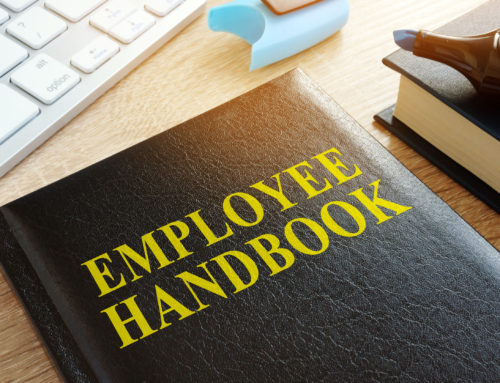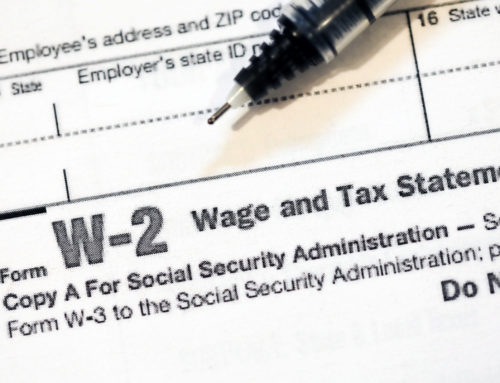COBRA (Consolidated Omnibus Budget Reconciliation Act of 1985) is a federal law that requires employers with 20 or more employees and who offer health benefits to provide the option of continuing this coverage to people who would otherwise lose those benefits due to termination.
If you are an employer covered by the COBRA laws, you’ll need to get to know the basics of the law, including understanding which employees are eligible for COBRA, what is covered, the events that trigger COBRA, and what you’re responsible for communicating.
What Employers Must Provide COBRA Benefits?
If you’re subject to COBRA (which you most likely are) and if you have a group health plan, you have to provide COBRA benefits to qualified beneficiaries. According to the U.S. Department of Labor, a qualified beneficiary is anyone covered under your group health plan on the day before an event that causes loss of coverage, and it includes:
- Employees, including part-time employees, if they are participants in your plan on the day before the qualifying event
- Their spouses
- Their dependents
- Retirees (unless they are eligible for Medicare)
- Partners in a partnership
Per Forbes, you don’t have to offer COBRA to employees who are not yet eligible for your group plan at the time of termination, those who declined coverage, or anyone who is enrolled under Medicare.
What Benefits are Covered?
The following types of plans generally need to be offered to employees when COBRA is triggered (but only if you already offer them to employees):
- Health care plans
- Medical spending accounts
- Dental plans
- Vision plans
- Hearing plans
- Prescription drug plans
- Alcohol and substance abuse plans
- Mental health plans
Life insurance, disability insurance, retirement plans, and vacation plans are not plans that you must extend to people entitled to COBRA coverage.
How Long Does COBRA Coverage Last?
Depending upon the type of event and who the beneficiary is, coverage could continue for 18 or 36 months after the date of the event or the coverage loss:
Who Pays For COBRA Coverage?
The employee generally pays the full cost of the insurance premiums. In fact, the law allows the employer to charge 102 percent of the premium, and to keep the 2 percent to cover your administrative costs. When an employee gets extended COBRA coverage due to disability, you can charge 150 percent of the premium for months 18 through 29.
The timing of payments is important. Federal law states that COBRA coverage can be terminated if premium payments are late. According to the law, payment of any premium is considered to be timely if it is made within 30 days after the due date or within a longer period set out under the plan. The due date must not begin before the first day of the coverage period. And, when someone chooses to take COBRA coverage, they still have 45 days to make the first payment.
The fact that most insurers want you to pay in advance for coverage complicates this process because you have to pay in advance for the coverage under the policy, but the law states that you have to give COBRA insureds a 30-day grace period from the time the payment is due.







Leave A Comment